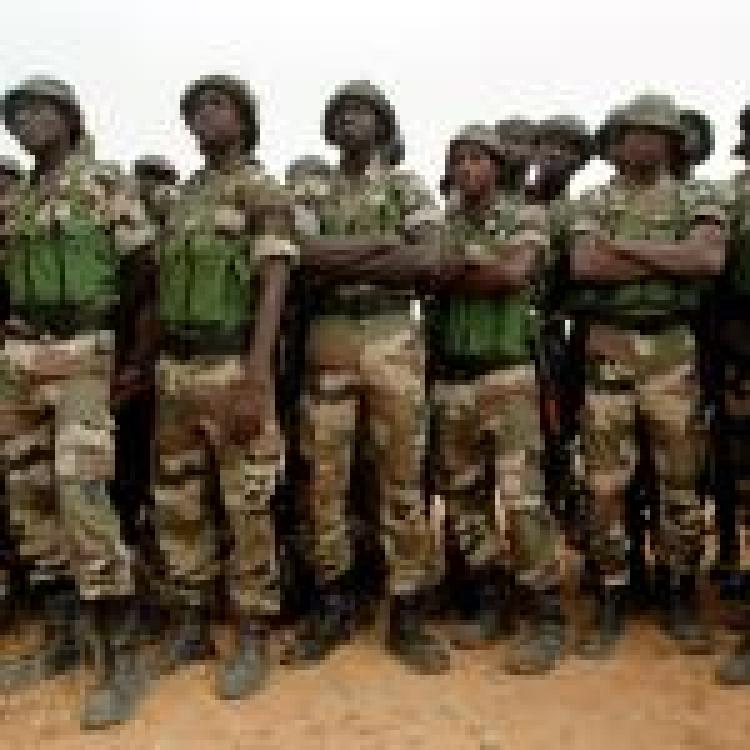<p>At least four people have been killed in Nigeria’s capital Abuja after security forces clash with a Shia group who were demanding the release of their jailed leader.</p>
<p>The protests occurred on Monday and were focused on freeing the detained leader of the Islamic Movement of Nigeria, Ibrahim el-Zakzaky, who has been detained since 2015. These protests follow reports of his worsening health and knowledge that his wife is also being held. </p>
<p>According to members of the Shia movement, the protesters were conducting themselves peacefully chanting "Free Zakzaky” but were then attacked by the police.</p>
<p>Fakhuus Hashim, an eye witness to the clash, told Al Jazeera;</p>
<blockquote><p>
"Shots were fired as I came out of a building in the central area, which was packed with civil servants during their lunch break,"
</p></blockquote>
<p>Witnesses reported that the police fired live ammunition and used tear gas on protesters gathered in front of the parliament building.</p>
<p>Nigeria’s police however have refuted these accounts. In response to this incident they reported that a senior police official was killed and three other policemen were injured during street battles.</p>
<p>One police statement read:</p>
<blockquote><p>
"The heavily armed protesters ... violently attacked innocent citizens and police personnel on duty. In the process, the deputy commissioner of police ... was shot and fatally injured by the protesters,"
</p></blockquote>
<p>They have subsequently arrested 54 suspects.</p>
<p>El-Zakzaky founded the Islamic Movement of Nigeria in the early 1980s to represent the Shia minority and to protect them from a perceived prejudice. Tensions between the Shia minority and the state span over three decades with regular clashes between the security forces and protesters demonstrating against perceived persecution. </p>
<p>Human rights groups have estimated that approximately 400 members of the group have been killed by the police in response to largely peaceful protests since 2015.</p>
<p>Last week over 40 members were arrested after an incident in the National Assembly building was closed and gunshots were fired during a demonstration. Both the security forces and the Shia group have blamed each other for the gunfire.</p>
<p>Read more <a href="https://www.aljazeera.com/news/2019/07/nigeria-deaths-security-forces-c…">here</a>.</p>
We need your support. Every contribution counts.
Sri Lanka is one of the most dangerous places in the world to be a journalist. Tamil journalists are particularly at threat, with at least 41 media workers known to have been killed by the Sri Lankan state or its paramilitaries during and after the armed conflict.
Despite the risks, our team on the ground remain committed to providing detailed and accurate reporting of developments in the Tamil homeland, across the island and around the world, as well as providing expert analysis and insight from the Tamil point of view
We need your support in keeping our journalism going. Support our work today.


